
I help people understand the fundamentals of finance and investing.
332 subscribers
How to get URL link on X (Twitter) App

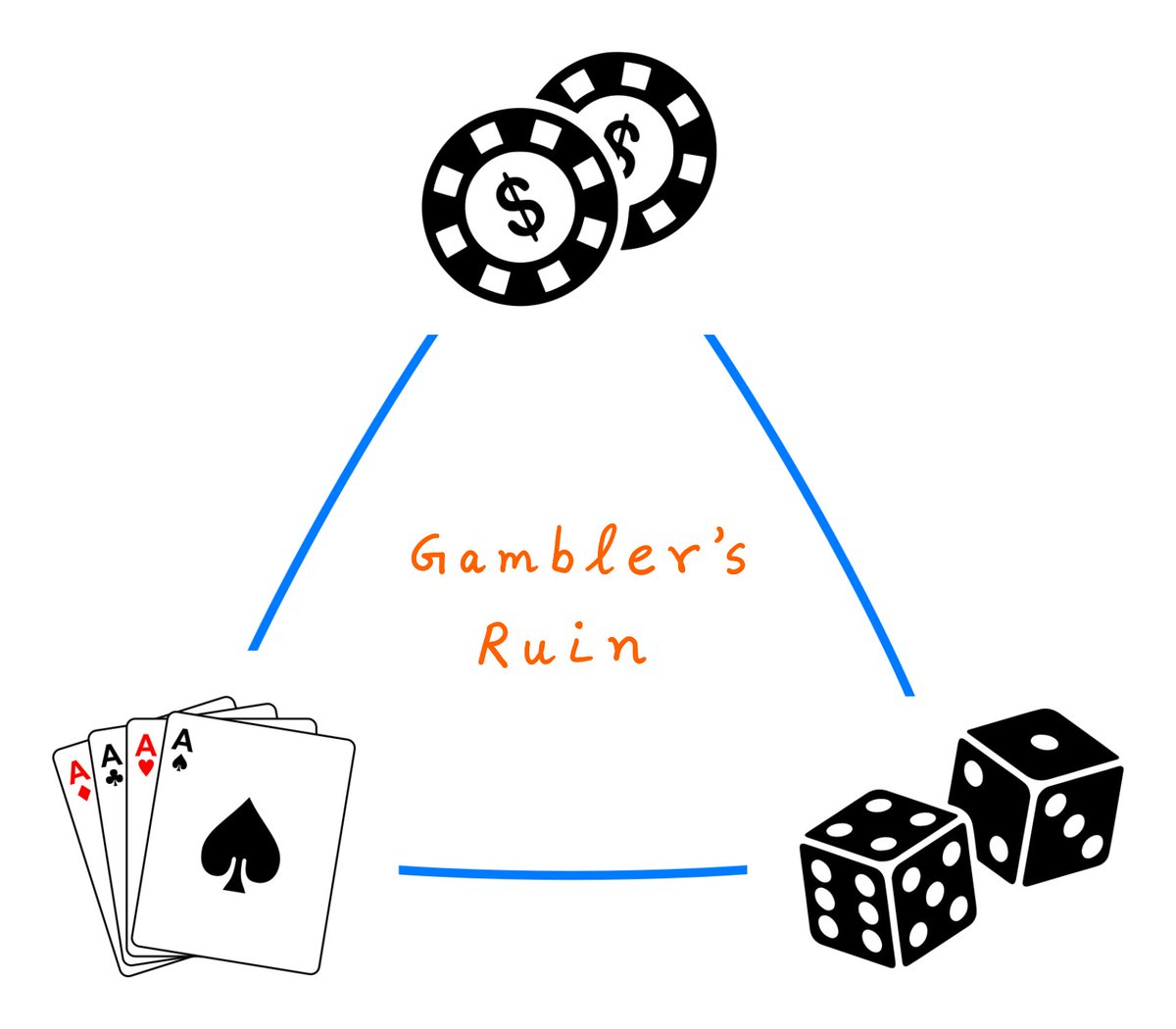
 2/
2/

 2/
2/

 2/
2/
 2/
2/

 2/
2/
 2/
2/


 2/
2/

 2/
2/
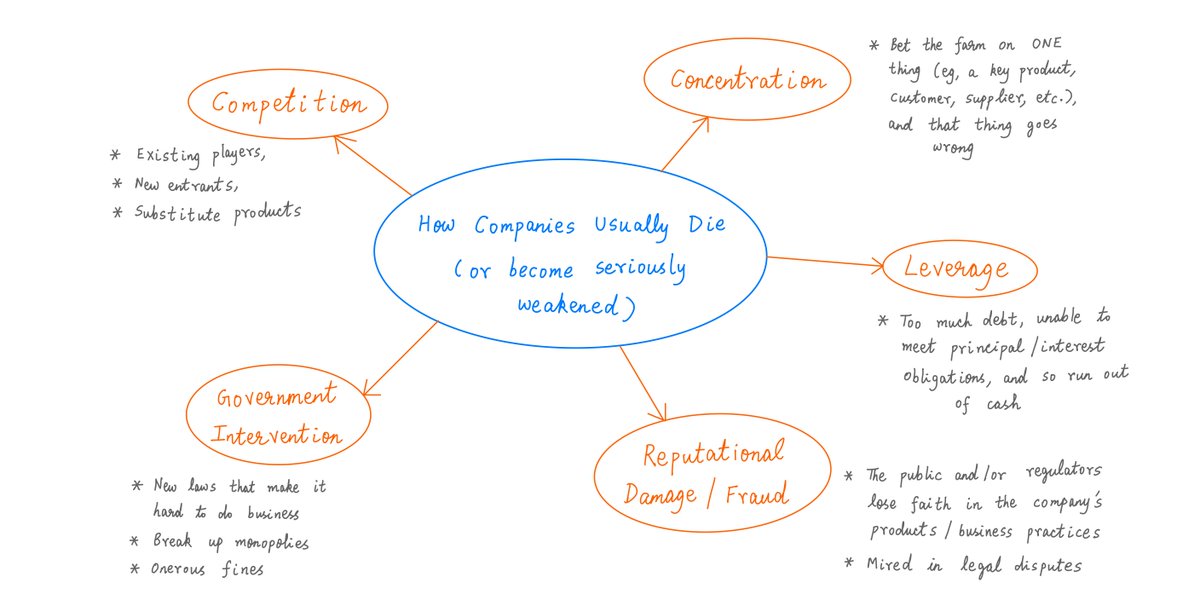
 2/
2/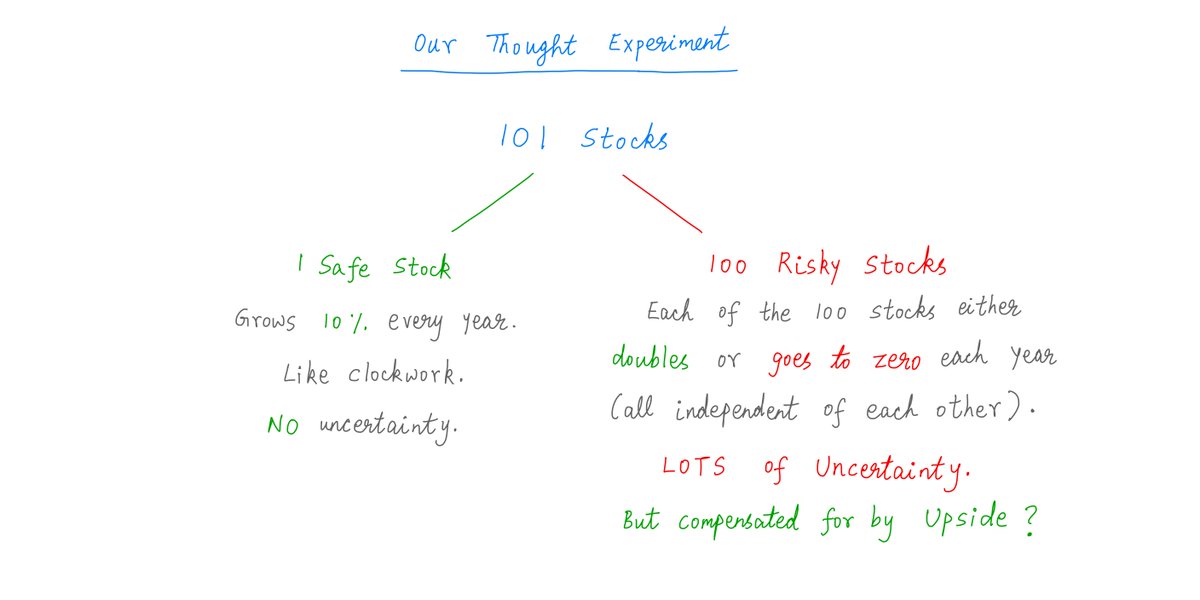

 2/4
2/4



 Who This Course Is For
Who This Course Is For

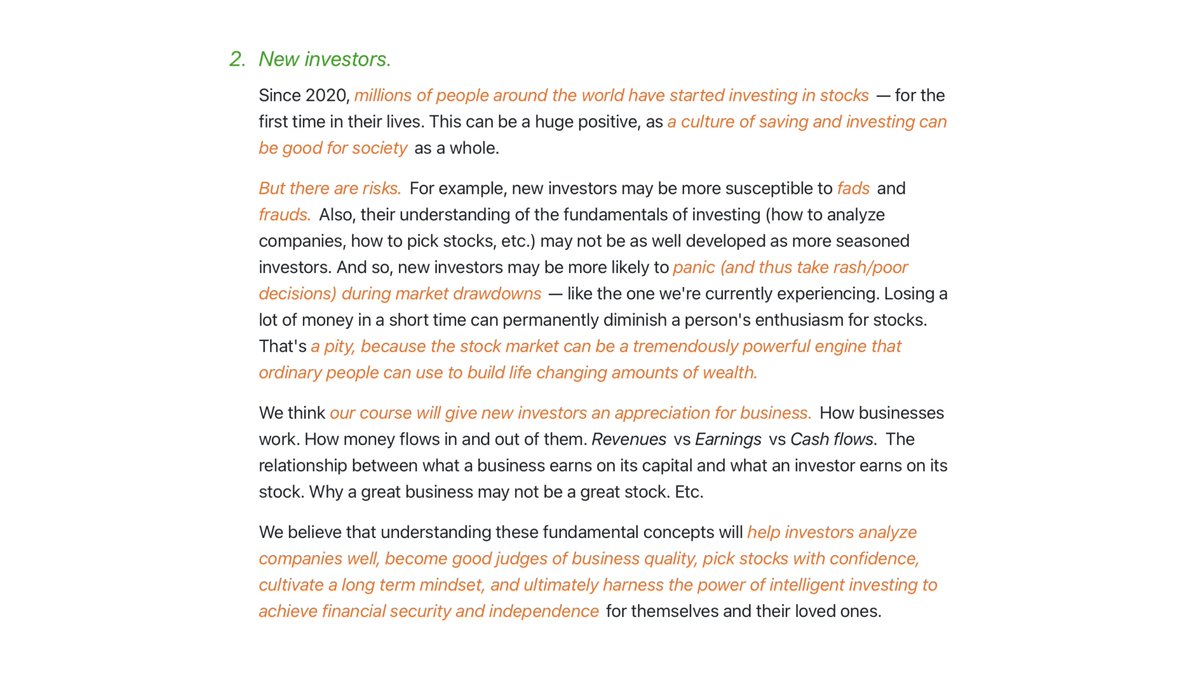

 2/
2/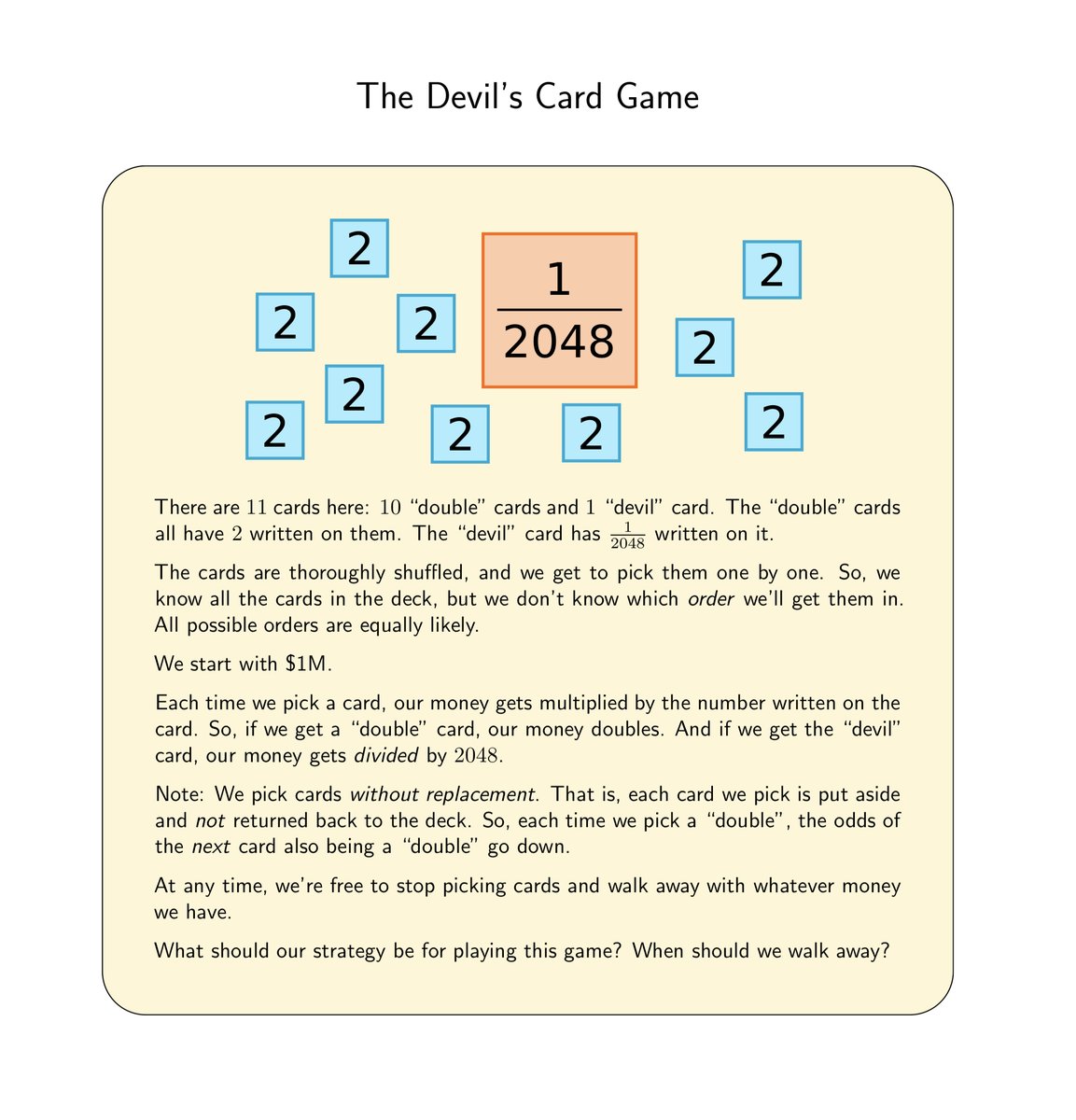

 2/
2/
 2/
2/
 2/
2/